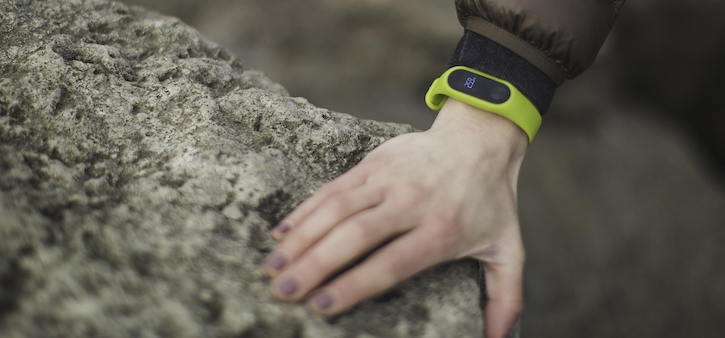Fitbit, Bristol-Myers Squibb-Pfizer Alliance Collab to Improve Diagnosis of A-Fib
The powerhouses want to encourage more informed patient-physician discussions and accelerate the diagnosis of the condition.

A collaboration announced today between the Bristol-Myers Squibb-Pfizer Alliance and Fitbit aims to improve the time it takes to diagnose atrial fibrillation (A-fib) through educational content and guidance. The hope is that patients will use the information to facilitate discussions with their physicians.
The collaboration will feature Fitbit’s A-fib software which is still in testing and has not yet been submitted to the U.S. Food and Drug Administration. The goal of the software is to improve the earlier detection of A-fib in individuals at an increased risk of stroke.
“The aim of the educational content and guidance is to ensure that, beyond detection or alert of an irregular heart rhythm, a user would have a continuous and supported pathway that extends to diagnosis,” a Fitbit spokesperson said in a statement to Inside Digital Health™.
The content could include a digital screening program with guidance on next steps after receiving the results of the screening, the spokesperson added.
The efforts between the three healthcare powerhouses could help patients and physicians detect and understand heart rhythm irregularities, said Angela Hwang, MBA, group president at Pfizer Biopharmaceuticals Group.
“With our continuous, 24/7 on-wrist health tracking capabilities, and our experience delivering personalized, engaging software and services, we believe we can develop content to help bridge the gaps that exist in (A-fib) detection, encouraging people to visit their doctor for a prompt diagnosis and potentially reduce their risk of stroke,” said James Park, co-founder and CEO of Fitbit.
It is very common for people to have undiagnosed A-fib and not learn about the condition until after having a stroke. This is the case for 25% of individuals who have A-fib.
Health technology like wearables has the potential to track this in people of any age or health status — including those at increased risk for certain conditions. But many people do not understand what the readings are telling them.
“These efforts with Fitbit exemplify not only our unwavering commitment to addressing the evolving needs of patients with (A-fib), but also our dedication to advancing care by embracing technology as a part of routine clinical practice,” said Joseph Eid, M.D., head of medical affairs at Bristol-Myers Squibb.
Get the best insights in digital health directly to your inbox.
Related
Fitbit Is Pushing Its Way Back Into the Wearables Competition
Fitbit Premium to Offer Personalized Health and Fitness Programs to Subscribers
Podcast: Match Made in Hospitals — Patient-Matching Technology Can Improve Healthcare
September 21st 2021Clay Ritchey, CEO of Verato, highlights the administrative and financial benefits that patient-matching technology can provide hospitals and health systems, as well as how it can improve the patient experience.
Podcast: Using Digital Solutions to Address Technology Shortfalls with Citius Tech Senior VPs
July 29th 2021In an interview recorded earlier this year, Chief Healthcare Executive Associate Editorial Director Mary Caffrey spoke with 2 leaders of Citius Tech about meeting healthcare challenges with digital solutions.














